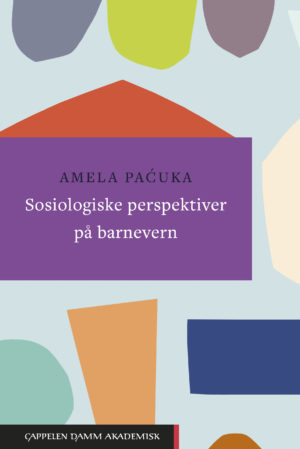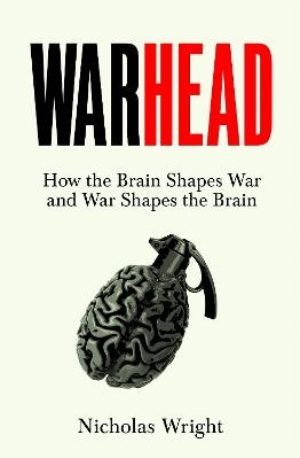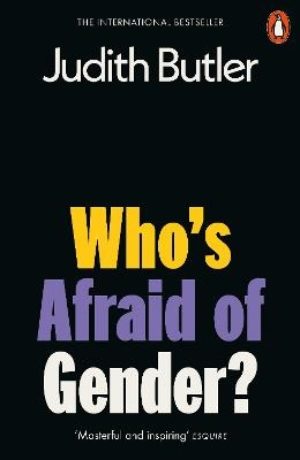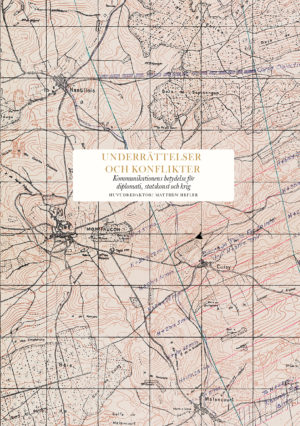
The New Censorship
The New Censorship
In recent years, journalists have been dismissed by some or targeted for abuse, mainstream news has been consumed by 'infotainment' and clickbait, driven by profits, accused of being too cosy with political and economic elites. But at times of democratic decay all over the world, with relentless attempts to undermine truth and facts, and unprecedented technological tools to spread disinformation and incite violence - brave journalism is needed more than ever.
The New Censorship focuses on the unfortunate and unexpected mechanisms through which today's media has inadvertently amplified the anti-democratic movement that looms over our societies. It is the story of the birth of what Panievsky calls 'the strategic bias': the bias that occurs when those in charge of mediating reality surrender to a populist campaign fed by partisan media and online battles. Unlike other distortions, this bias is strategic, as it is not driven by pure fear; it results from journalists' belief that in order to cater for 'the people' and serve democracy - they have to pay dues to the populist camp, exclude what is labelled 'unpatriotic' voices, avoid expressions that might confirm the claim they are all 'treacherous lefties' and thus, to slowly shift our entire communication universe to the right.
By weaponising liberal norms against liberal democracy, the populist right has found a way to exercise a more effective and socially acceptable type of silencing and manipulation, boosted by propaganda operations disguised as news. Instead of banning stories, they spread flows of disinformation, which take hours and days to debunk. Instead of silencing, they shout louder. Instead of blue-pencilling, they employ fake users, bots, and outrageous smear campaigns to dominate the conversation. Heavy-handed censorship is unnecessary when one can manipulate people to censor themselves, or simply stop listening.
Based on cutting-edge empirical research, personal experience in newsrooms and parliament corridors, and a decade of living under populism in power in Israel, the author will not only explain how we got here but also lay out what we all could (and should) do to restart the conversation and protect our right to know.






